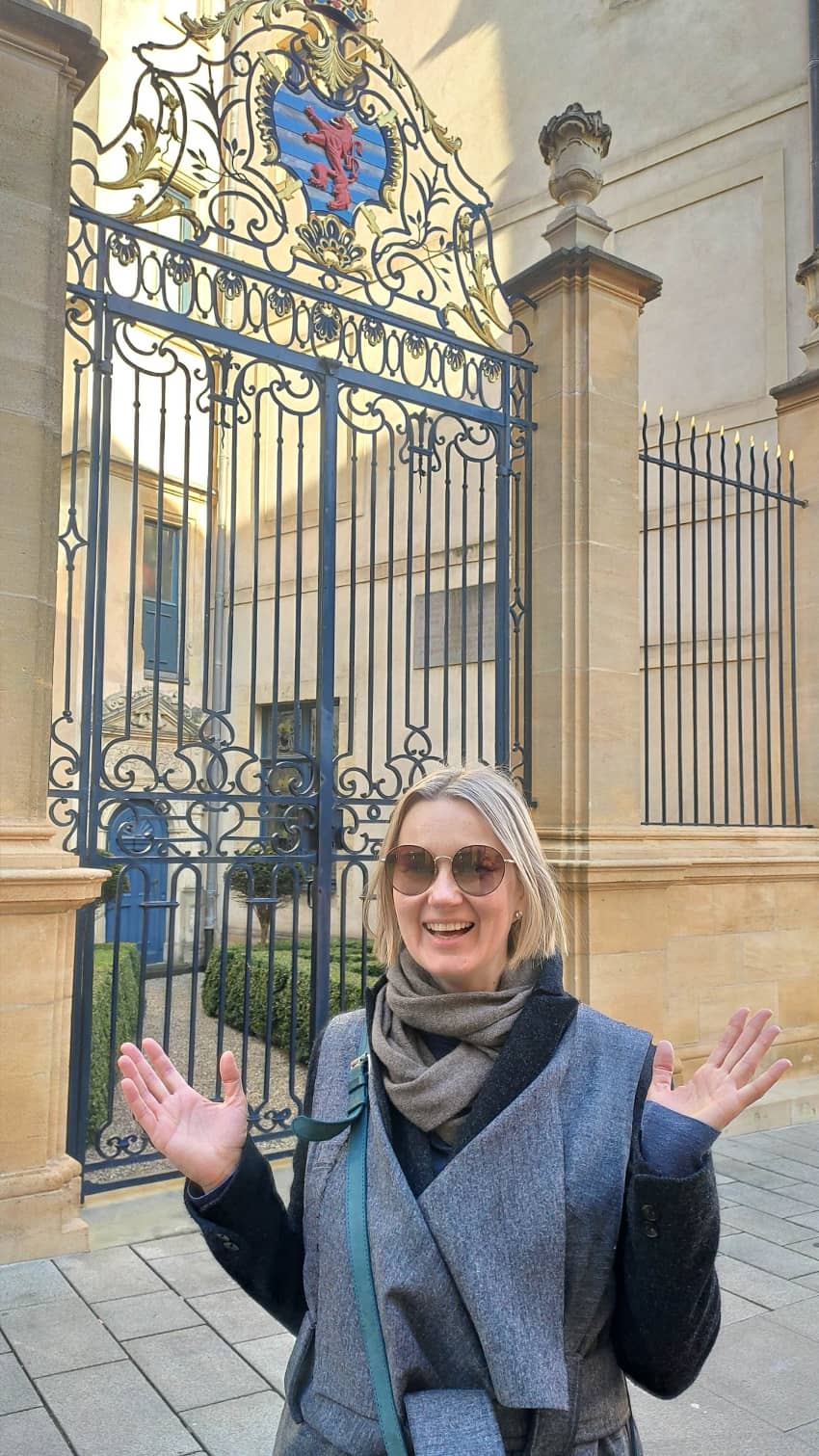Mentoring Boundaries -When do we have to say STOP in mentoring

Mentoring Boundaries -When do we have to say STOP in mentoring
Are you a mentor who is tired of mentoring ?
“One day, I decided to start mentoring, and I aimed to mentor as well as I possibly could. But I got tired.
We have a goal, but I don’t see the result.
The problem is that in the meeting, we always jump between topics. The Mentee has many vital questions on that day, and I try to help them. Then I realize that the meeting time is almost over, and we haven’t even started talking about the topic that I am mentoring them.
Sometimes I feel that we are talking and talking, but the conversation is going nowhere. And sometimes, the questions are way out of my field. I can give them advice, of course, but is it really what we have to talk about?”
Do you recognize yourself? As a mentor or maybe as a mentee?
During mentor’s supervisions, we hear these stories way too often.
I mainly listen to it often from mentors who are mentoring their first, second, or even third.
If we have a lot of mentoring experience, we slowly understand that mentoring has its boundaries. If we agree on something, we should follow through with it.
Of course, it’s always good to explore other topics if you think it’s required, but it’s best to stop as soon as possible if it isn’t helpful.
Gary Keller and Jay Papasan’s book ” JUST ONE THING” would be perfect in the list of recommended to read books for mentors and Mentees.
The problem is that the mentors want to help their mentees in any way they can. That’s why they sometimes understand just after some time that they are making no progress and that they lost their main goal and topic.
For some mentors, it’s uncomfortable to tell the Mentee that this is not their mentoring topic and that they need to find someone else who could help.
No matter how much we want to help our Mentee, it’s important to remember that if you focus on one topic, the results will be way better than covering a tiny bit of multiple issues.
When you focus on one thing, then you can quickly understand the value of mentoring!
One of the challenges the mentors face is putting up boundaries, making deals with the mentees, and following through with those deals.
Also, a mentor must be able to control the conversation, and when they feel that the conversation has changed the topic, they must be able to come back to the original topic.
For the Mentee, it is always important to remember that if they wish to reach a specific point, they often need not one but multiple mentors.
As a mentee, you will change on the journey of mentoring.
That person who could have helped you take your first steps might not be the best mentor for you in the future.
And the other way around. The mentor helping you in the future might not have been good for you at the start.






